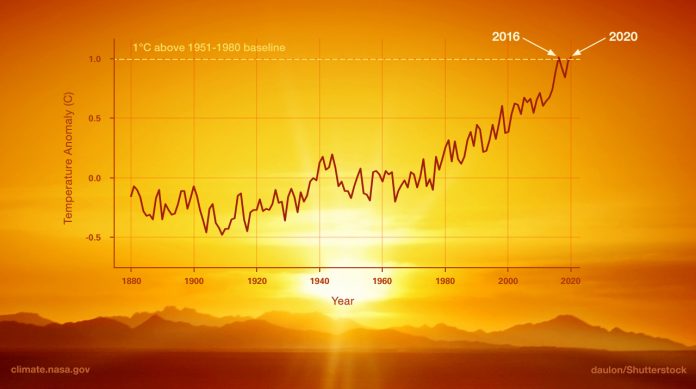Climate Change’s Economic Toll
Recent extreme weather and climate-related disasters are significantly affecting global economies. Climate change’s impact on economic performance varies depending on factors like infrastructure resilience, socioeconomic systems, and climate action efforts.
New Findings on Temperature and GDP
Earlier studies indicated that a 1°C rise in global temperatures could lead to up to a 3% loss in global GDP. However, a new report from the National Bureau of Economic Research (NBER) suggests that this loss could peak at 12% of global GDP. This level of loss is comparable to the economic damage caused by major domestic wars, emphasizing the severe economic risks posed by climate change.
Impact on Productivity
Increased temperatures cause capital depreciation and reduced labor productivity, leading to a decrease in total factor productivity (TFP). This reduction is not uniform and varies based on a country’s economic development and institutional quality.
Challenges for Low-Income Countries
Low-income countries often prioritize economic growth over climate mitigation, which worsens their vulnerability to climate change and hampers productivity. These nations also face significant challenges in transitioning to low-carbon economies due to high costs and carbon-intensive systems.
Balancing Growth and Decarbonisation
The global economy faces a tough choice between decarbonisation, necessary for achieving net-zero targets, and economic growth, crucial for poverty reduction and economic opportunity. Finding a balance between these two objectives is challenging and requires careful economic management.
Tailored Solutions for Climate Impacts
There is no one-size-fits-all solution to mitigate the economic shocks caused by climate change. Strategies must be adapted to local conditions, taking into account each region’s vulnerability and specific impacts.
Potential Solutions
Effective measures may include increasing natural resource bases, reducing the carbon footprint of industries, improving efficiency, and investing in climate-resilient infrastructure. Other approaches involve supporting climate-friendly technologies, such as solar energy, and providing incentives for renewable energy adoption.
Conclusion
Addressing the economic impacts of climate change requires a comprehensive and context-specific approach, particularly for low-income countries. Strategic investments and tailored solutions will be crucial in managing both economic growth and environmental sustainability.
Ajaz Ahmed holds a PhD in economics from Durham University, UK, and is the director of research programmes at the Social Protection Resource Centre, Islamabad.












